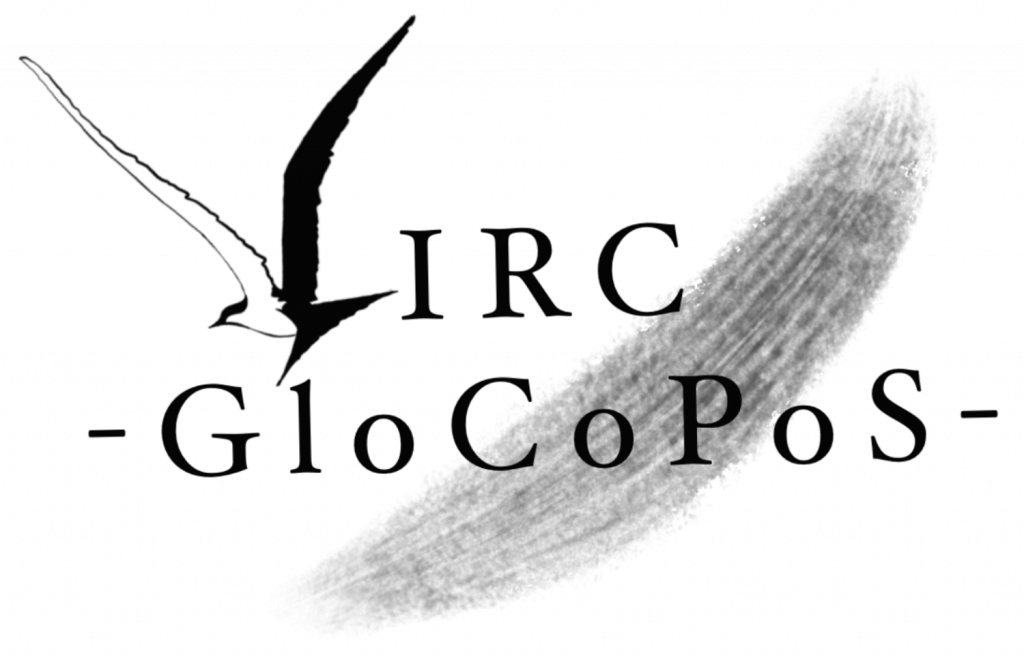The influence of the European Commission (EC) expert groups on policy coordination within the European Union has received a growing interest among researchers, who have assessed their role in policy-making processes, their participation patterns, their transparency, and their knowledge-generating process. This article interrogates the structural configuration of the networks, and the relationships between the actors, formed through the Commission expert groups on adult learning, and under the Education and Training 2020 work programme, respectively, by means of a Social Network Analysis. So attention is paid on the mutual-constitutivness of a social network and its members, or the potential power within a network, and of a network, to influence member states’ domestic adaptation of communitarian policies. Our analysis points at noticeable differences between the connectivity of each of the Commission expert groups, and the groups emerging from the two forms of network governance these produce in the adult learning, and education and training domains. A key result, however, is that two actors (i.e. Flemish Department for Education and Training, Ministry of Education and Culture of Finland) stand out as fully embedded in both forms of network governance, and represent highly connected ‘informal’ brokers across policy domains.
See more at: https://www.tandfonline.com/doi/abs/10.1080/02601370.2020.1729881?journalCode=tled20

